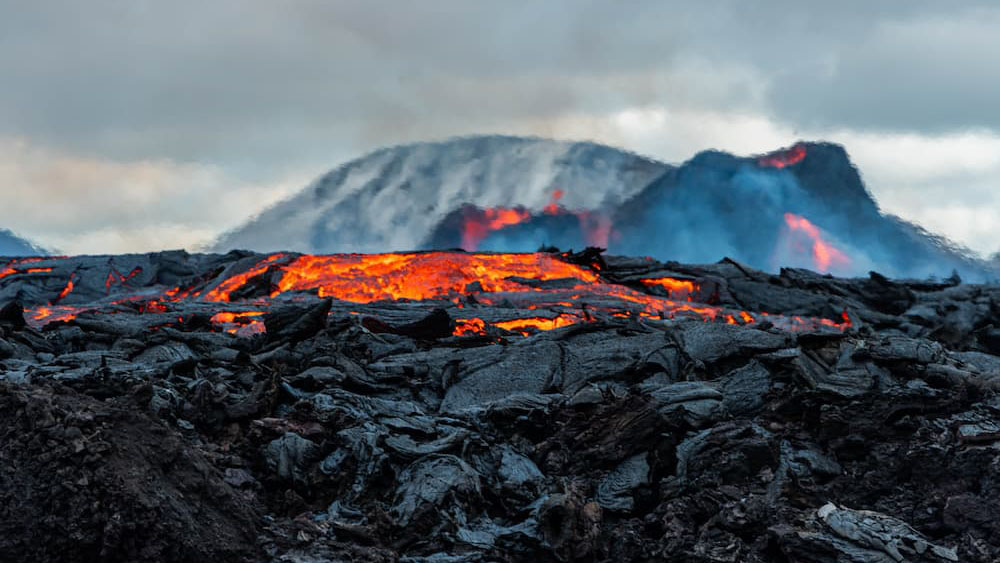The binary nature of existence, creation and destruction, good and evil, light and darkness, is evident in every facet of life. From the microscopic processes that sustain our bodies to the cosmic forces that shape galaxies, this interplay defines the world we inhabit. Yet, many who reject the existence of God, particularly atheists, seem fixated on holding the Creator accountable for the perceived destruction within creation. They question God’s morality and intentions, often accusing Him of wrongdoing while simultaneously denying His existence. This paradox reflects not only a misunderstanding of God’s nature but also a refusal to examine the destructive tendencies of humanity itself.
To those who demand explanations from God while rejecting His authority, consider this: the world we live in, with its intricate balances and delicate ecosystems, reflects a reality where destruction is often a prerequisite for growth. The blade that tills the soil disrupts countless microorganisms to prepare for new life. A forest fire may destroy in one season only to bring renewal in another. On a microscopic level, the processes that sustain human life involve countless acts of destruction, cells die, bacteria are consumed, and enzymes break down molecules. This is the reality of existence, yet we seldom question these processes, even as they mirror the broader workings of God on a universal scale.
Humans, with our vast intellect and free will, often act as a destructive force upon the world and one another. We deplete resources, pollute the earth, and harm our bodies through choices that are intrinsically destructive. Whether it’s the consumption of sugar, alcohol, or the harboring of anger, our behaviors damage us at the cellular level, altering even our DNA. Science confirms that stress, poor nutrition, and harmful habits leave a biological imprint, yet we rarely pause to consider the implications of our choices.
If we examine ourselves through the lens of microbiology, humanity behaves more like a cancer than a steward of creation. Cancerous cells operate independently of the body’s design, consuming resources and spreading chaos until the organism itself is destroyed. Likewise, humanity’s collective actions, wars, exploitation, and environmental degradation, mirror this pattern of self-destructive autonomy. We defy the order set before us, pursuing our desires at the expense of creation and one another. This, however, is not a failure of design but a consequence of free will, a gift from God that allows us to choose between life and destruction.
When viewed from a cosmic perspective, humanity’s existence is but a speck of dust in an incomprehensibly vast universe. Earth, situated in the outer arms of a galaxy among billions, is a microscopic blip. Yet, this God who created galaxies, stars, and black holes saw fit to place humanity at the center of His redemptive plan. This truth is staggering: the Creator of all things chose to enter creation, taking on flesh in the person of Jesus Christ, to elevate us from insignificance to eternal purpose.
God’s actions, when seen from our limited perspective, often appear disruptive or even destructive. Natural disasters, personal suffering, and death are interpreted as evidence against His goodness. Yet, just as the tilling of soil seems destructive to the life within it, God’s movements within creation may disrupt on the micro level to fulfill a greater purpose. His ways are above our ways, and His thoughts are above our thoughts (Isaiah 55:8-9). To judge God based on our limited understanding is akin to an ant questioning the purpose of an earthquake.
For the atheist who rejects God based on the problem of evil or suffering, the question must be asked: by what standard do you determine good and evil? If the universe is the result of chance, then morality is nothing more than a construct, a set of arbitrary rules that evolve based on survival needs. If this is true, no action can be objectively good or evil, it simply “is.” The same brain that makes moral judgments, if born out of randomness and chaos, cannot be trusted to discern truth with any certainty. This undermines the very foundation of atheistic arguments against God. Ironically, this aligns with Scripture’s warning: “Trust in the Lord with all your heart and lean not on your own understanding” (Proverbs 3:5).
Christianity offers an extraordinary invitation: that the Creator of the universe, far greater than His creation, would elevate those within it to a status equal to His own. This invitation is not forced upon us, it requires belief, a renewing of the mind that transforms how we see, act, and live. To believe in Jesus as God is not a passive acknowledgment but an active choice to adopt a new lens, one rooted in faith and aligned with divine purpose. This belief is offensive to many because it requires humility. It demands that we acknowledge our limitations, our destructive tendencies, and our inability to fully comprehend the universe from within its confines. It calls us to lay down our pride, to admit that our understanding is finite and flawed. Yet, in this act of surrender, we unlock the mysteries of the universe, seeing not through the dim lens of human reason but through the clarity of divine truth.
Jesus Himself embodies this paradox. The cross, an instrument of death and destruction, becomes the means of redemption and life. His sacrifice, from a human perspective, seemed like the ultimate defeat. Yet, through the resurrection, it is revealed as the ultimate victory, a cosmic renewal that invites all of creation to participate in eternal life.
The binary nature of our world, life and death, growth and decay, creation and destruction, reflects God’s design. Each destructive act serves a greater purpose, though we may not perceive it. This is evident not only in nature but in Scripture: “And we know that in all things God works for the good of those who love Him, who have been called according to His purpose” (Romans 8:28). The suffering we endure, the questions we ask, and the trials we face are not without meaning. They are the tools through which God refines us, preparing us for a reality beyond this one.
For the atheist, the challenge is to reconcile the inconsistencies of their worldview. To claim that morality exists without God is to assert an absoluteness born from chaos, a contradiction in terms. To judge the Creator while denying His existence is to stand on a foundation that collapses under its own weight.
Christianity is offensive because it challenges the very core of human pride. It declares that our understanding is insufficient, our actions are destructive, and our autonomy is a path to ruin. Yet, it also offers a truth that no other worldview can: that the Creator of all things entered into His creation to redeem it. This truth is not one that can be fully grasped by human reason alone, it requires faith, a stepping outside of creation’s confines to embrace the perspective of the Creator.
In the end, the invitation remains the same for all: to believe in the God who created us, loves us, and offers us eternal life. This belief does not exempt us from suffering but transforms it, allowing us to see even destruction as part of a greater purpose. It is an invitation to step beyond the limitations of our understanding, to trust in a God whose ways are higher than ours, and to find meaning in a world that often seems devoid of it.
To reject this invitation is to remain confined to the microscopic realm of human reason, a perspective that sees only chaos where there is, in fact, divine order. But to accept it is to enter into a reality far greater than we can imagine, a reality where every act of destruction is redeemed, every question finds its answer, and every life is given eternal purpose.







